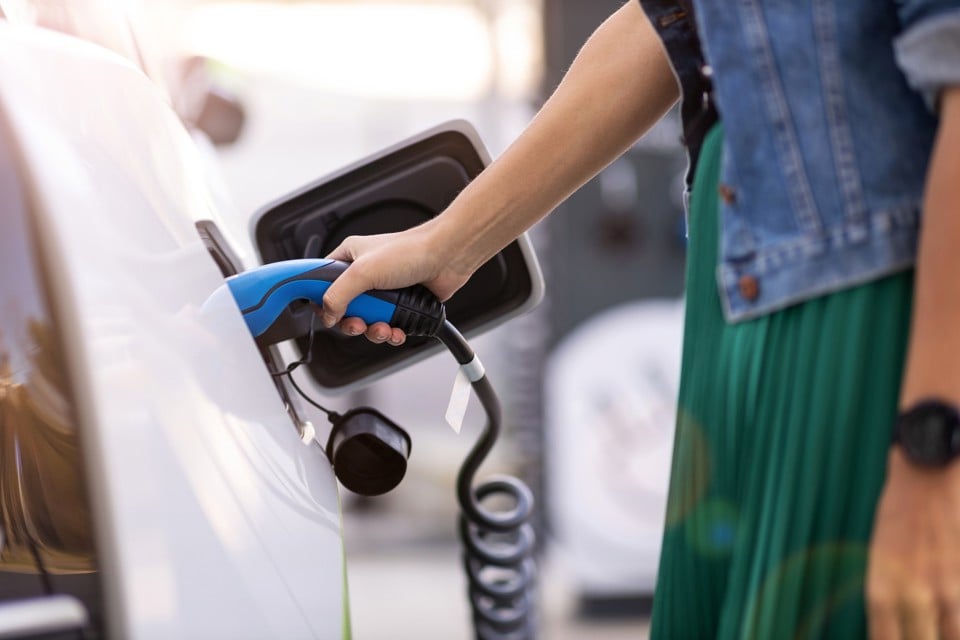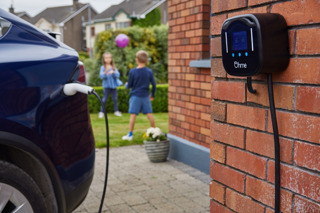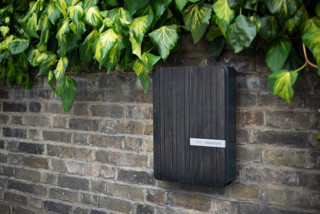A new charge point grant for domestic chargers has helped fund 972 devices since it was launched in April, newly published data from the Department for Transport (DfT) reveals.
The new EV charge point grant provides funding of up to 75% towards the cost of installing an electric vehicle (EV) smart charge point at domestic properties in the UK. It replaced the Electric Vehicle Homecharge Scheme (EVHS) from April.
Previous grant schemes – the EVHS and the Domestic Recharging Scheme (DRS) – have helped deliver 375,523 domestic charging devices since 2013.
The DRS helped private electric vehicle owners (EV) offset the upfront cost of the purchase and installation of a dedicated recharging unit between 2013 and 2014, funding 40,333 domestic charge points.
Replaced by the Electric Vehicle Homecharge Scheme (EVHS) in 2014, it subsequently funded a total of 335,190 domestic charging devices, with a total grant value of £139m.
In the past 12 months, the number of EVHS funded charging devices has increased by 97,287, corresponding to an additional £38.4m in grants.
The new EV chargepoint grant, which has now replaced these two defunct schemes, provides funding for landlords, residential car parks, and flat owner-occupiers and people living in rented properties.
Up to October 1, more than £682,000 in grants had been paid out to help install the 972 devices.
The majority of which, says the DfT, have been installed for flats and renters, with 562 devices installed, accounting for 58% of all installations.
The next largest grant type is for residential car parks with 355 charge points installed accounting for 37% of all installations. The remaining 6% is for landlords (55 devices).
The data shows that there is an uneven geographical distribution of EVHS charging devices within the UK.
Grant uptake by consumers, says the DfT, is likely to be dependent on a variety of factors, including: access to an electric vehicle; access to off-street parking; leasehold/tenancy properties; car ownership; rurality; and income.
The South-East had the highest number of charging device installations under the EVHS (62,465), accounting for 19% of total devices installed under the scheme.
Meanwhile, Northern Ireland had the lowest number of installations with 5,794 EVHS funded charging devices, accounting for just 1.7% of total EVHS funded devices.
The South-East also had the highest number (1,694) of EVHS devices per 100,000 households whilst Northern Ireland and London had the lowest with less than 800 devices per 100,000 households.
The DfT has also published new figures for grants received by local authorities for residential charge point devices – read more here.
New data for DfT funding of workplace charge points has also been published – read more here.























Login to comment
Comments
No comments have been made yet.